What is a mattress sleep trial? Everything you need to know before you buy
With a mattress sleep trial, you get more time to get used to your mattress − just make sure you read the terms and conditions

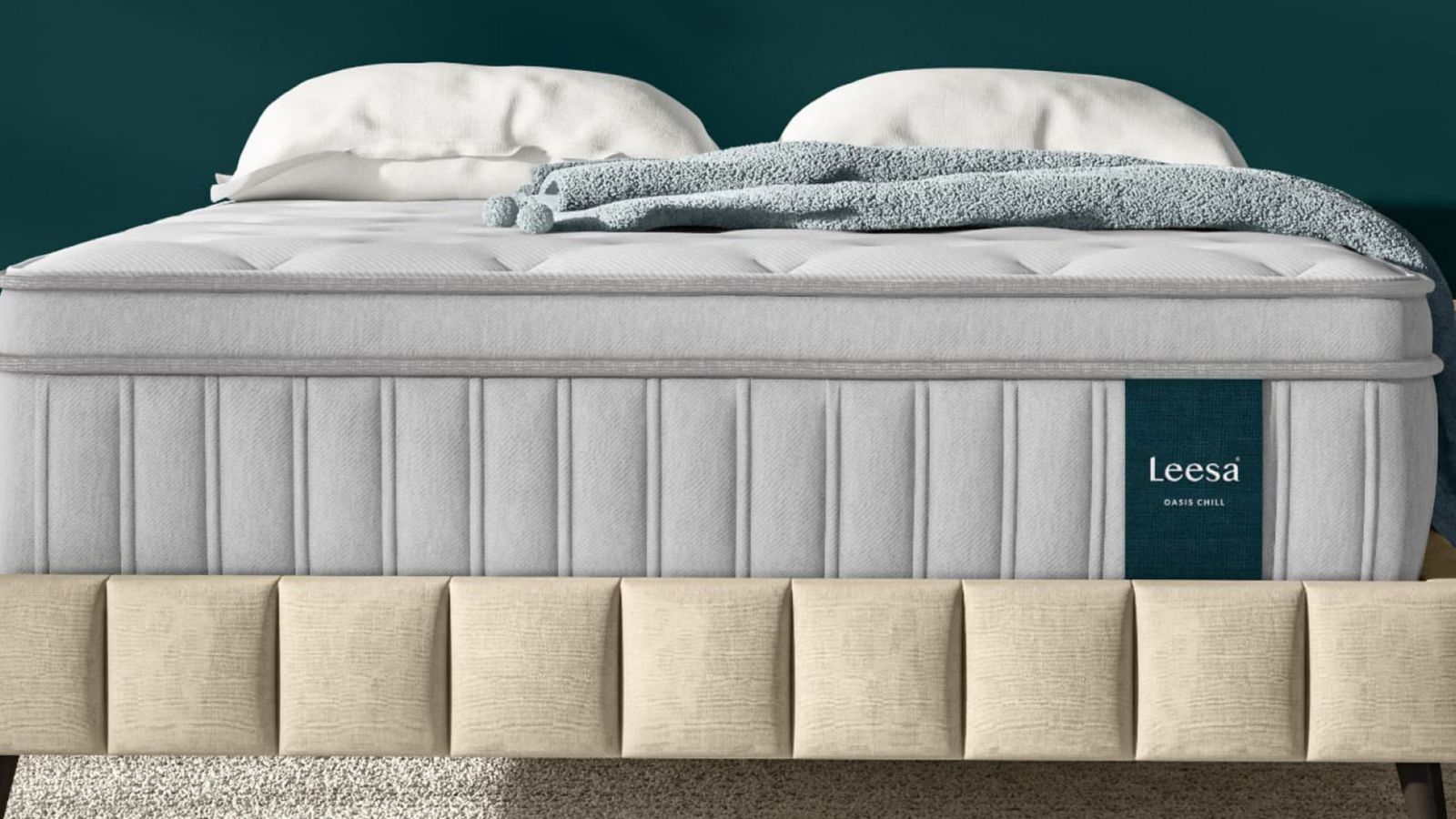
Design expertise in your inbox – from inspiring decorating ideas and beautiful celebrity homes to practical gardening advice and shopping round-ups.
You are now subscribed
Your newsletter sign-up was successful
Want to add more newsletters?

Twice a week
Homes&Gardens
The ultimate interior design resource from the world's leading experts - discover inspiring decorating ideas, color scheming know-how, garden inspiration and shopping expertise.

Once a week
In The Loop from Next In Design
Members of the Next in Design Circle will receive In the Loop, our weekly email filled with trade news, names to know and spotlight moments. Together we’re building a brighter design future.

Twice a week
Cucina
Whether you’re passionate about hosting exquisite dinners, experimenting with culinary trends, or perfecting your kitchen's design with timeless elegance and innovative functionality, this newsletter is here to inspire
When making a major decision, people often say you should sleep on it. That's exactly what a mattress sleep trial allows you do. You get to test your new bed over weeks and months to work out whether it meets your sleep needs. If not, you can return your mattress and get a refund.
Sleep trials save a lot of time, money, and stress when you're shopping for a mattress online. If you can't make it out to a mattress showroom, you can make your own at home with a mattress sleep trial.
As H&G's resident sleep writer, I lead a team of expert testers in the search to find the world's best mattress. We conduct all our testing from the comfort of our own homes, during the mattress sleep trial period. I can teach you how to make the most of your mattress sleep trial and what to do if the bed isn't right for you.
Mattress sleep trials − what you need to know
Before we begin, it always helps to define our terms. I spoke to mattress manufacturers and sleep specialists to find out how a mattress sleep trial works and which brands offer the best deals.
What is a mattress sleep trial?
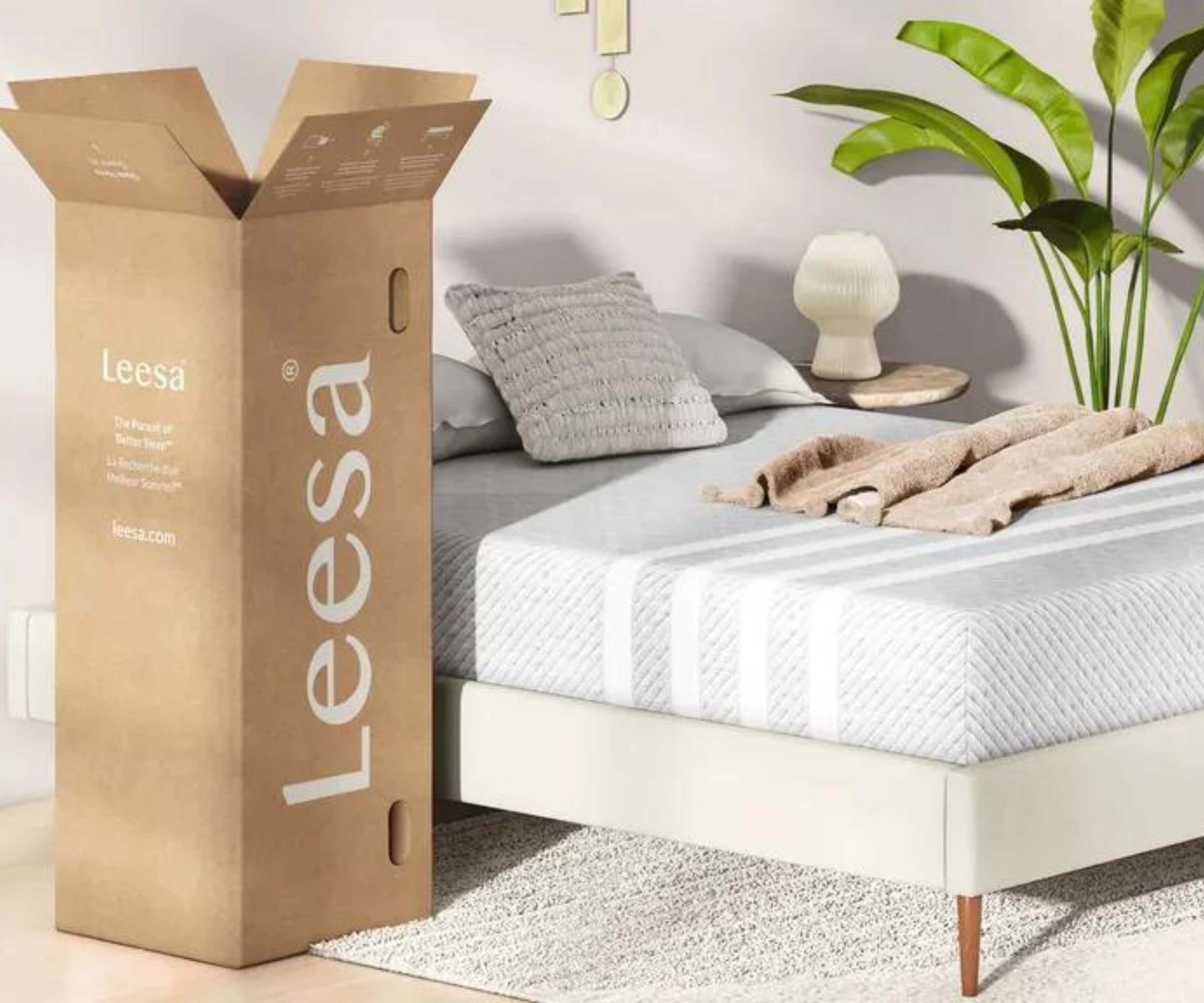
A mattress sleep trial is a period of time, set by your mattress manufacturers, in which you get to test your mattress in your home before you commit to your purchase.
According to Sleep Number's Lori MacLachlan, 'a mattress trial is crucial when shopping for a new bed. If you don't like the bed or find it's not the right fit for you, you can return or exchange it without hassle. Many retailers offer trial periods and generous return and exchange policies, so be on the lookout when you're shopping for a new bed'.
Ever the saleswoman, Lori is quick to clarify that 'Sleep Number includes a 100-night trial for smart beds, so you are able to determine if the bed is the right choice for you'. If you're not happy with your mattress, then it's time to get in touch with the manufacturer and request a refund. They'll want to know what didn't work for you, so that they can suggest different mattress types to better meet your needs.
Design expertise in your inbox – from inspiring decorating ideas and beautiful celebrity homes to practical gardening advice and shopping round-ups.
As a professional mattress tester, I'd say that 100 nights is just enough time to test your bed through several seasons, paying special attention to its thermoregulation. If you're an indecisive shopper, and you know you need longer to make up your mind, then you should look for a longer mattress sleep trial. The best brands offer up to 365-night trial periods, which works out to a whole year of mattress testing.

Lori leads the Product Management team at Sleep Number, the high-tech bedding and mattress brand. She's worked with Sleep Number for the past 16 years, starting out as a buyer in their bedding collection.
What are the pros of a mattress sleep trial?
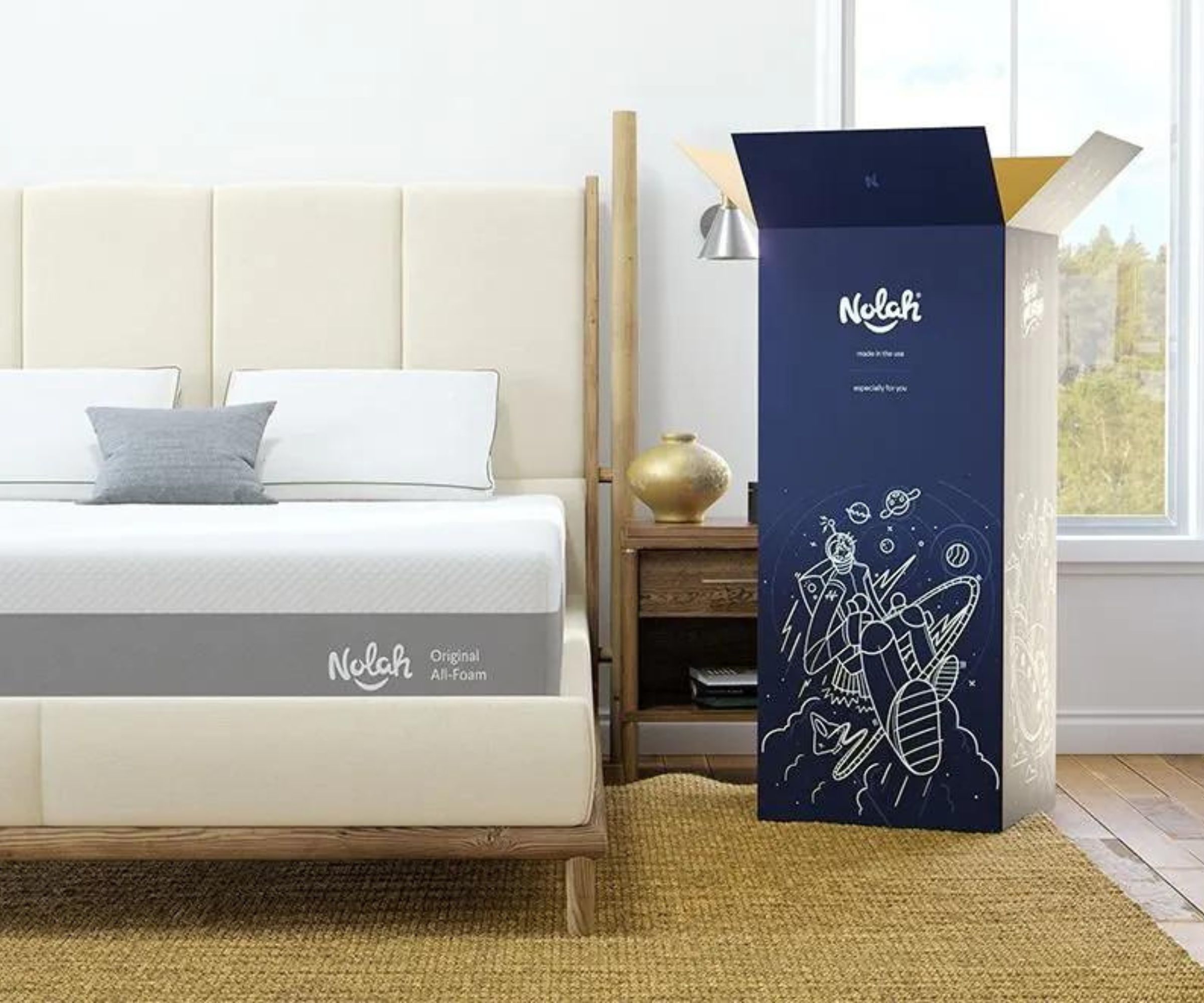
The mattress sleep trial is one of the best bits to come out of online mattress shopping. In the absence of an in-store showroom, you get to take the bed home and test it for yourself over a longer period of time. Instead of sitting on the side of the mattress for 10 minutes, you get to break in your new bed over weeks and months. You get a much better sense of your relationship with a mattress when you conduct a mattress sleep trial.
The longer the sleep trial, the more rigorous you can make your mattress testing. Here at H&G, we score each mattress against the same criteria: comfort; support; breathability; motion isolation; edge support; and the all-important price. We test each bed for several months before we write our reviews in order to allow the mattress to adjust to our unique sleep needs. It's worth learning how to test a mattress at home to make the most of your mattress sleep trial.
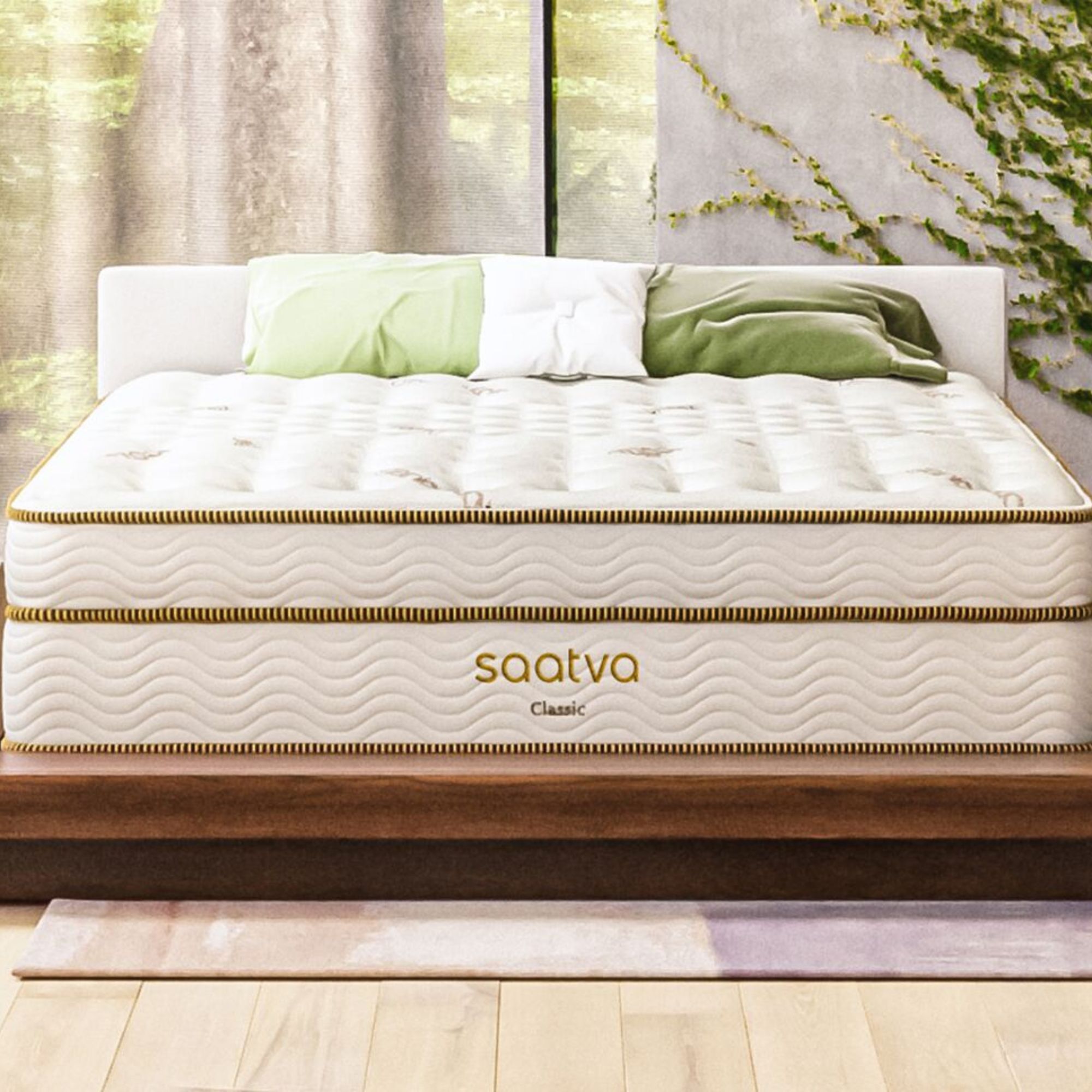
Out of all the beds we've ever tested, the Saatva Classic Mattress is the best. Our expert tester, Jaclyn, gave it top scores across the board for comfort, cooling, and cost. Don't take our word for it – try for yourself with Saatva's 365-night sleep trial.
You can find more detail in our Saatva Classic Mattress review.
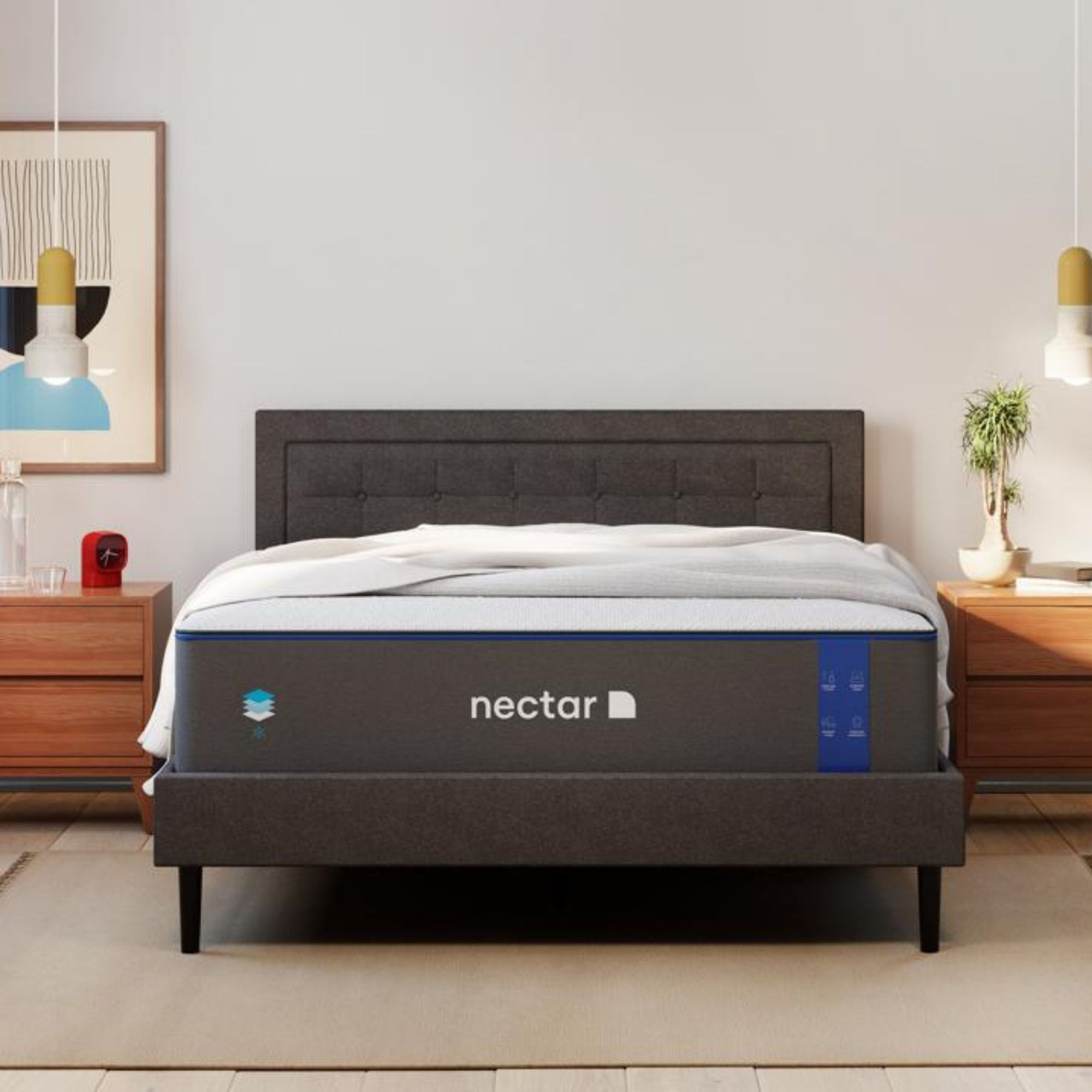
Another of our expert testers, Casey, suffers from fibromyalgia, a chronic pain condition that extends across her body. She attributes the Nectar Memory Foam Mattress with relieving pressure from her joints to ease her aches.
You can find more detail in our Nectar Memory Foam Mattress review.
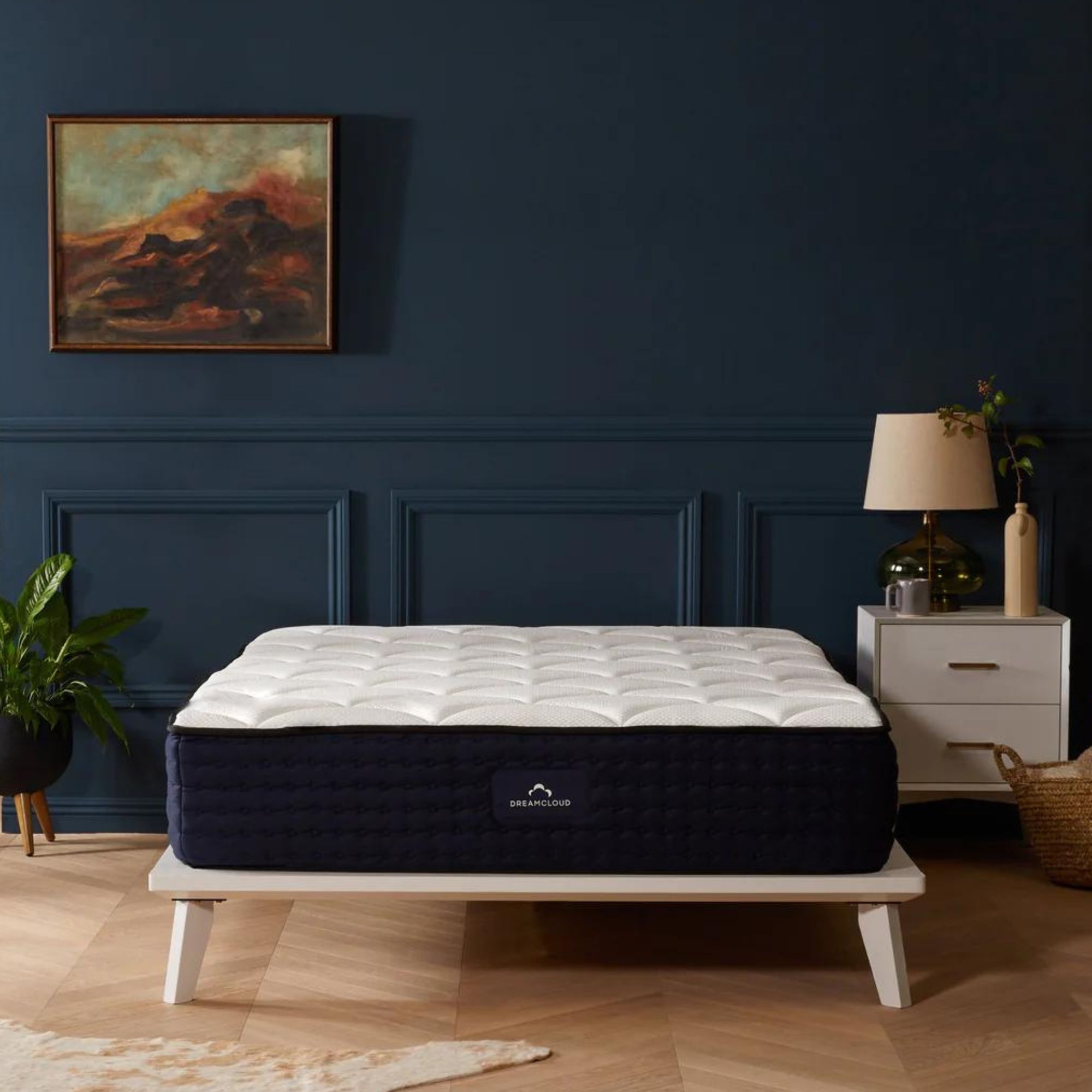
This hybrid mattress supports all sleep positions and suits every budget. For a self-described 'luxury' mattress, it really isn't that expensive. The memory foam top offers plush comfort, while the innerspring interior enhances airflow.
You can find more detail in our DreamCloud Luxury Hybrid Mattress review.
What are the cons of a mattress sleep trial?
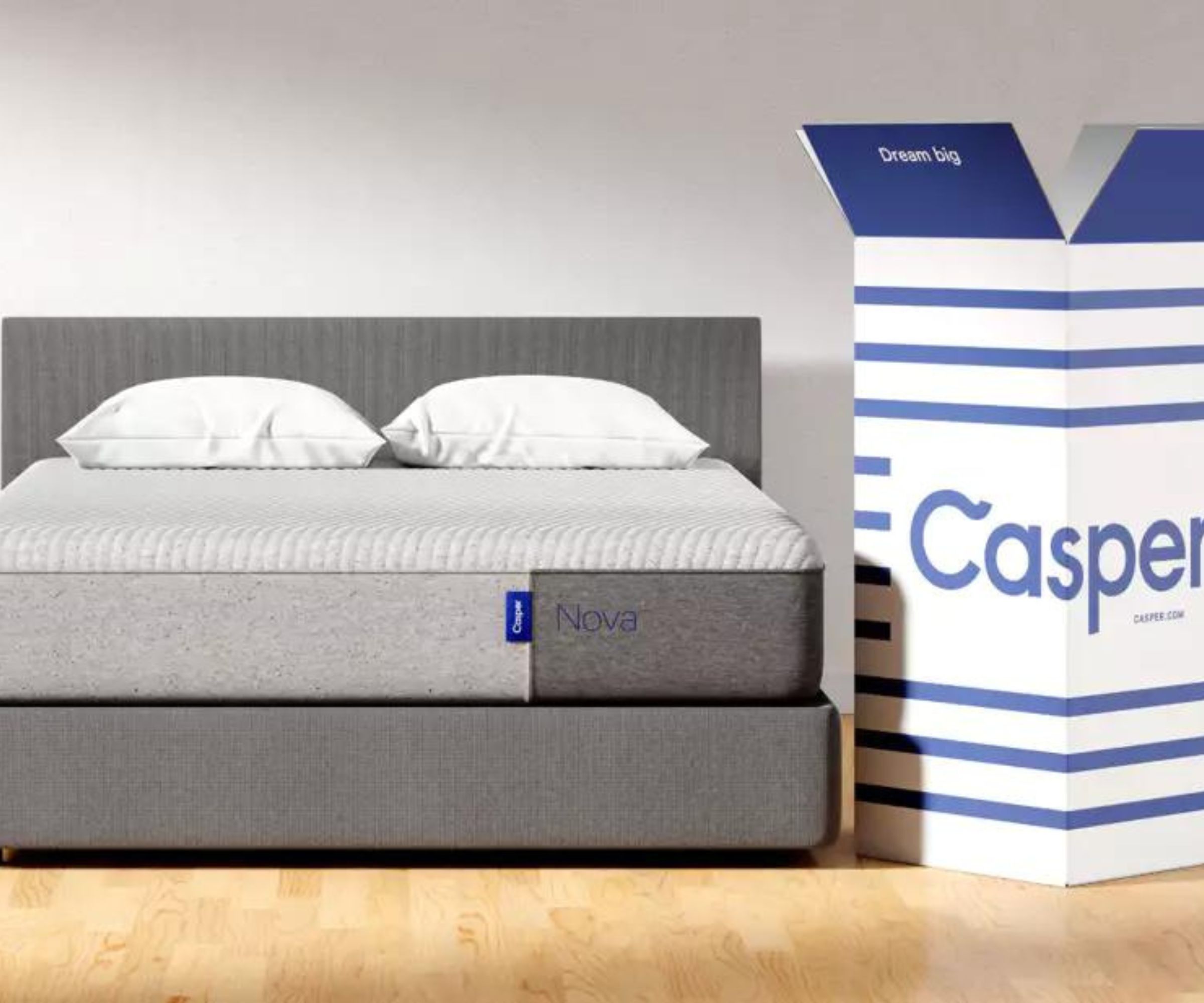
Let’s clear up a common misconception. Mattress sleep trials aren't really 'try before you buy': you'll need to pay upfront for your mattress before the sleep trial begins. You'll only receive a refund if you return your mattress within the window specified by the manufacturer. Before you buy, make sure you read the terms and conditions: for example, some brands will only accept your return if you've covered your bed with the best mattress protector.
Not all mattress brands refund 100% of your money at the end of a mattress sleep trial. For example, Saatva deducts a $99 shipping fee, while Nectar charges for their White Glove service and state-based recycling fees. Again, it's so important to double-check the terms and conditions of your purchase before you buy.
Some mattress brands offer free perks, such as sheets, pillows, and bed frames, when you buy their mattress. These freebies might not fall under the provisions of your mattress sleep trial. That means the brand could choose to deduct the retail price of those products from your return, leaving you further out of pocket.
I asked mattress salesman Andy Bloom to tell us more about the practicalities of mattress sleep trials. 'Some companies may pick up the mattress from your home, while others may ask you to ship it back. Return policies vary widely, so it's important to familiarize yourself with the specific terms and conditions before making a purchase,' explains Andy.
'Although offered with good intentions, the mattress trial ultimately contributes to increased costs for consumers,' says Andy. 'The expenses associated with handling and disposing of returned mattresses, as well as the potential loss of revenue from reselling them, all contribute to higher prices.'
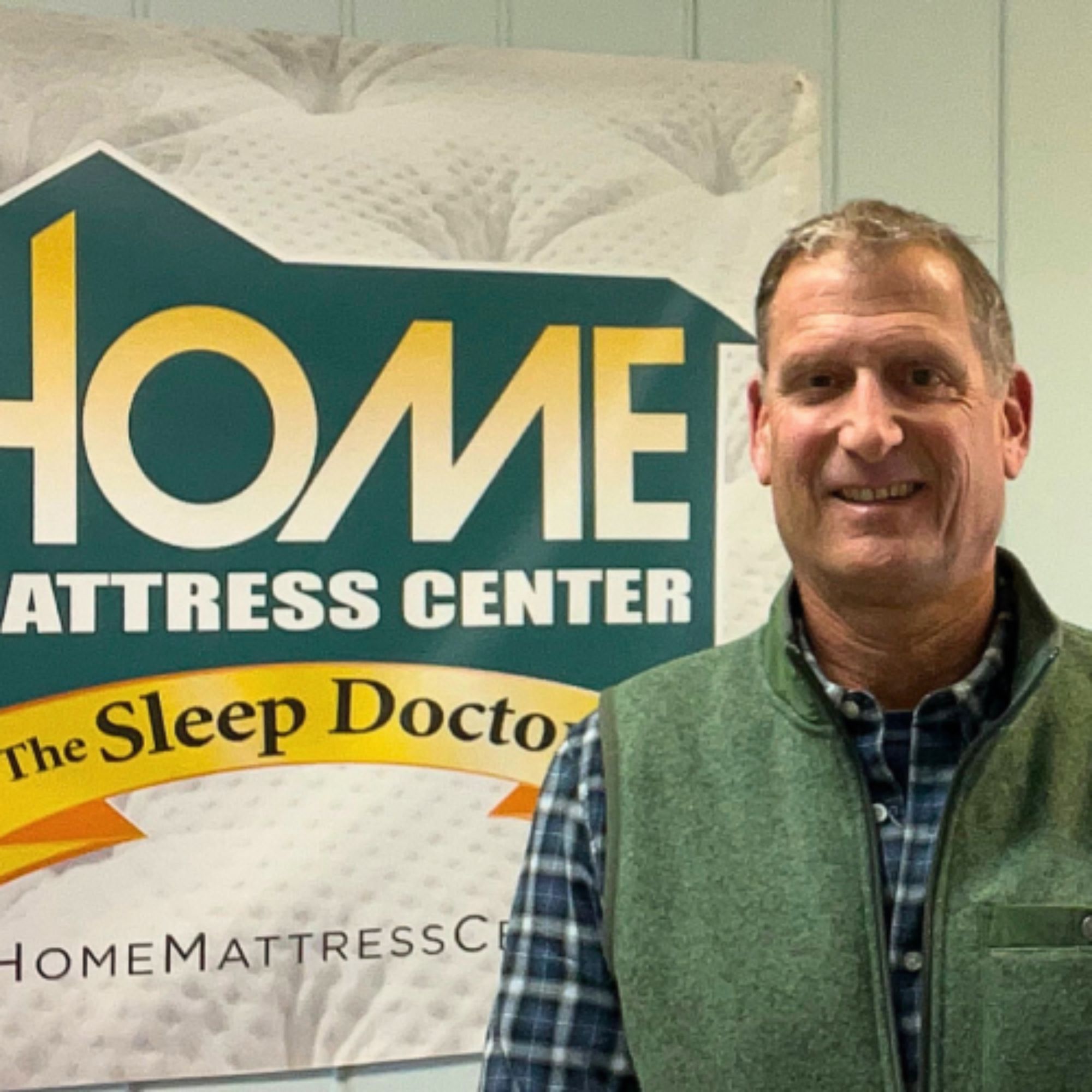
Along with his wife, Katie, Andy owns and operates the Home Mattress Center.
Plus, there’s an environmental impact. When you return your mattress to the manufacturer, there's a high probability that it will end up in landfill, where a single mattress takes thousands of years to biodegrade. If you're keen to shop sustainably, but you still want to take advantage of a mattress sleep trial, then I suggest you look for brands that donate or recycle old mattresses.
Mattress sleep trials FAQs
What should you look for during the sleep trial period?
Pay attention to changes in your sleep: the right mattress will strike a careful balance between comfort and support. It should keep you cool and dry and bear your weight to ease your aches and pains.
Notice any changes in aches and pains: when you buy the right mattress, you should start to experience relief after a few weeks. New aches are normal in the initial adjustment period. If you're still feeling achy a couple months in, then it could be an indication that your mattress is too soft or too firm.
Consider the quality: within the first months of use, a good mattress should show little to no aging or sagging. Apart from feeling softer and more adapted to your body, your bed should still look and function like a brand new mattress.
Can you end a mattress trial at any time?
No. Most mattress brands set a minimum, as well as a maximum, length of their sleep trials. Usually, you'll have to wait a full 30 days before you can return a mattress. That accounts for the time it takes to break in a new bed.
Final thoughts
When you're buying a new bed, take a careful look at the mattress warranty. Don't be overawed by lofty claims of lifetime guarantees − just look for something sensible that covers defects in materials and manufacture.

Emilia is our resident sleep writer. She spends her days tracking down the lowest prices on the best mattresses and bedding and spends her nights testing them out from the comfort of her own home. Emilia leads a team of testers across America to find the best mattress for every sleep style, body type, and budget.
Emilia's quest to learn how to sleep better takes her all around the world, from the 3Z mattress factory in Glendale, Arizona to the Hästens headquarters in Köping, Sweden. She's interviewed luxury bedding designers at Shleep and Pure Parima, as well as the Design Manager at IKEA. Before she joined Homes & Gardens, Emilia studied English at the University of Oxford.